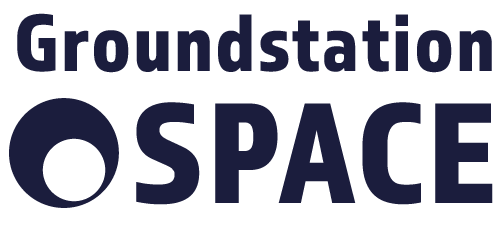Sustainable Port Management through Copernicus: Impressive

The final virtual conference of IMPRESSIVE, a space-based platform for sustainable port management through Copernicus will be taking place on the 27th of October.
The IMPRESSIVE project is an Horizon 2020 EU-funded project. The name stands for Integrated Marine Pollution Risk assessment and Emergency management Support Service In ports and coastal enVironmEnts.
The project partners have delivered several products and services, which will be presented at an online conference on Wednesday 27 October. Anyone interested in the topic of Earth Observation for marine and port management solutions is invited to attend.
Register Here
You can register for this online event here
About Impressive
The main goal of the Impressive project is to develop a universal-relocatable platform as a product for the real time management of marine pollution events in the wider area of harbours and the vicinities and the near coastal areas that are easy to manipulate and use from the control post at the harbor.
The product will be consisting of an integrated operational service that will rely on:
Satellite monitoring service
A satellite monitoring service that processes Sentinel 1, 2 and 3 satellite images and Copernicus Marine products to identify polluting events (oil spills, and waste-water discharges), to generate alerts and to provide their position and features in near real time.
Software package
A software package that once an event is located will provide forecast of its drift and fate, based on coupling between the pollutant fate and transport and the hydrodynamic numerical models, supporting decision making and the manoeuvring of the Autonomous vehicles with advanced positioning technologies.
Risk mapping
A set of risk mapping product based on the integration of time series of remote sensing and models products.
To risk mapping we will used a new methodology based on complex network theory, developing a new way to analyze Big Data for Risk monitoring, forecasting and management, in real-time when needed, using time series analytics based network data analytics. We will apply the qualitative methods of complex network theory and scale invariance networks and examines the structure of the dataset and its evolution, studying the properties of a continuous space starting from a discrete sample of it, identifying noise and distinguishing higher- and lower- dimensional features. This will be done both in terms of the overall structure as well as its evolution.
Our methodology will allow us to investigate such properties as the given network’s complexity, its vulnerabilities to failure due to over-capacity and catastrophic break-downs, this information will allow us to develop crisis management and mitigation strategies.
Autonomous Surface Vehicles
A set of specifically designed Autonomous Surface Vehicles (ASVs), a drone equipped with remote sensing instruments and a sampler device on board the ASVs that will be remotely operated from the Headquarter Control Post for operational monitoring missions and/or accidental/illegal oil spills and other polluting events. Once the problem is reported, the vehicles may be deployed to target and support monitoring and sampling tasks on the ground. Vehicles will be also useful to couple/validate the output forecasts of the marine pollution model and the hydrodynamic numerical model.
Action protocol
This product will be accompanied by an action protocol and will be tested and validated as a operational pilot (demo), and in accordance with the standards, in Puerto de la Luz (Gran Canaria) and at two other European ports, Taranto port (Italy) and Rafina port (Greece). They will also support/improve the decision-making protocol during any particular event that may occur inside or outside the harbor.
Rapid-response integrated system
A local rapid-response integrated system of near real time satellite/ASV/drone/model/Forecast/risk mapping survey information and products, to support/improve the decision making process in any particular spilling event that may occur inside or outside the harbor or in a near coastal areas.

Dutch partner
The R&D Director of the ESA registered Aratos Group, Dr. Ioannis Dontas, will be presenting at the conference through roundtables that offer an amazing glimpse of the challenges found in every major space-related project.














